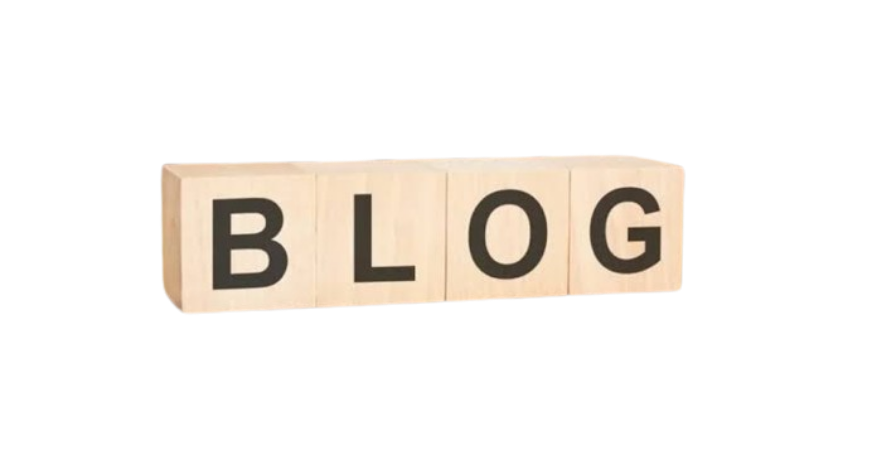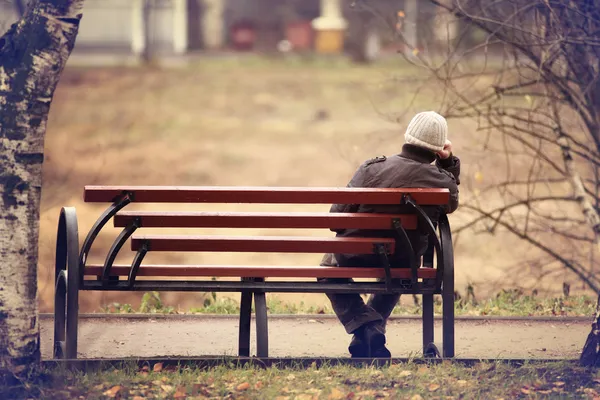What is Depression?
Depression is a severe mental illness that has an impact on day-to-day functioning and feelings and thoughts. You may feel depressed, angry, agitated, or empty, and lose interest in or enjoyment from activities you often find enjoyable. While occasional sadness is normal, depression may be present if these feelings persist for longer than two weeks.
Read also Revolver News
Social conventions may shape your conception of what it means to be a “male.” For some men, this could mean keeping your emotions to yourself or hiding your distress. Men may find it difficult to admit that they might be depressed as a result of this.
Although many characteristics of depression are not gender- or sex-specific, the information here focuses on depression in men. Learn more about depression in society at large.
What leads to depression in men?
There is no known precise cause of depression, and each experiences depression differently. Usually, depression in men arises because of a mix of life events, personal variables, and changes in the brain.
For some people, tough life events or issues such as a family member dying, facing unemployment, past or present abuse, or stress at work may induce depression.
Sometimes a recent incident, such as a divorce or losing job, might cause depression in men if they are already at risk.
You are more likely to experience depression if:
- You have a close relative who suffers from depression.
- You suffer from a severe medical problem.
- You have a personality that makes you more likely to experience depression, such as being a perfectionist or worrying a lot.
- You use drugs or consume excessive alcohol.
- Depression in men may also be more likely to strike them lonely.
People can occasionally experience depression for no apparent reason. It does not follow that you are not depressed just because there isn’t a clear reason why.
What symptoms may a man exhibit of depression?
Depression symptoms in men affect them in different ways. It may entail adjustments to your thoughts, emotions, or behavior.
You might, for instance, feel:
- agitated, furious, or dissatisfied
- depressing or hollow
- let down
- unsure or overloaded
- Feeling hopeless or powerless
- culpable
You might have unfavorable ideas like these:
- You have low self-esteem and are not valuable or important.
- Without you, things would be better for people.
- There is no point in living.
- You are not worthy.
You might begin acting differently by, for instance:
- not going out with relatives or friends
- not exhibiting the same level of self-control at work or school
- withdrawing oneself into work or sports
- not engaging in activities you usually enjoy
- depending on booze or drugs
- being unable to focus
- acting carelessly
Men and women tend to experience and report these symptoms differently, even though any of them can be experienced by anybody suffering from depression. Rather than expressing their feelings of despair, men are more likely to discuss the physical signs of the illness, such as fatigue or weight loss.
When ought I to ask for assistance?
Seek assistance and consult your physician if you:
- have spent the majority of the day feeling down or depressed
- and experience depressive symptoms for at least two weeks.
- are concerned you might be depressed
Your physician can examine you and, if required, collaborate with you to create a plan for mental health therapy. This is a plan that outlines the services and resources you can access as well as your treatment objectives. Your doctor can connect you with a resource if they believe that more medical assistance, such as a psychologist or psychiatrist, is necessary.
You can talk to a friend or member of your family if you are feeling down or exhibiting sporadic signs of depression. This might be to have a conversation or go out and do something fun together.
Even if you’re not feeling very engaged in the activities that usually bring you joy, it’s still crucial to keep doing them. With the correct help, you will eventually rediscover the joy and begin to feel better.
How can I support a depressed man?
You can offer assistance and support to a male friend or family member you suspect is depressed.
You can assist males who find it particularly difficult to express their feelings by striking up a conversation. Inquire about their well-being and express your desire to provide them with assistance. To begin the talk, choose a moment when there are no outside distractions.
Men who suffer from depression may occasionally believe that they should be strong and independent; therefore, they don’t want to ask for help. The best course of action in this case is to reassure them, show them patience, and assist them in considering their options. Remind them that depression is a common but dangerous mental illness that requires medical attention to recover.
Just as people wouldn’t expect a cut or shattered leg to heal on its own without medical assistance, sadness is not something they should mend on its own.
How is male depression treated?
Depending on the nature and severity of your symptoms, there are numerous therapy options. Establishing a mental health treatment plan should be your first step after consulting with your physician.
Treatments that are combined often yield the best results. Depression in men is mostly treated with:
- medications
- psychological interventions
- physical intervention
- treatments, including brain stimulation
- Self-help or complementary and alternative medicine
Drugs
Medication that stabilizes your mood and antidepressants affect the brain’s chemical processes that regulate your mood. Usually, they take four to six weeks to start working.
Psychological interventions
The following psychological therapies are used for depression treatment in men:
- treatment with cognitive behavior (CBT)
- Interpersonal Psychotherapy (IPT)
- psychoanalysis
- counseling
- electronic therapy (eTherapy)
Your doctor might suggest one of these therapies alone or in conjunction with other forms of treatment if you’re depressed.
Alternative therapies
Therapies involving brain stimulation could involve the following:
An electromagnetic coil applied to the scalp is used in Transcranial Magnetic Stimulation (TMS) to activate the brain’s mood-regulating nerve cells.
When receiving electroconvulsive therapy (ECT), your brain is briefly stimulated electrically while you are sedated. It is used to treat particular forms of depression, such as severe depression, for whom medication has not been effective.
Self-help and alternative therapies
A wide range of self-help techniques and alternative or complementary therapies can also be used to treat depression either by themselves or together with other types of therapies.
Not all types of depression can be treated using these methods alone. So it is important that you work with your doctor to build a personal mental health treatment plan that will work for you. Self-help and alternative therapies include:
- meditation and mindfulness
- eating a balanced diet and getting regular exercise
- Staying away from drugs and alcohol
- yoga
- massage treatment
If you are experiencing depression, your doctor may recommend one of these types of therapy by itself or in combination with other types of therapies.
Read more article vital-mag-net.blog

